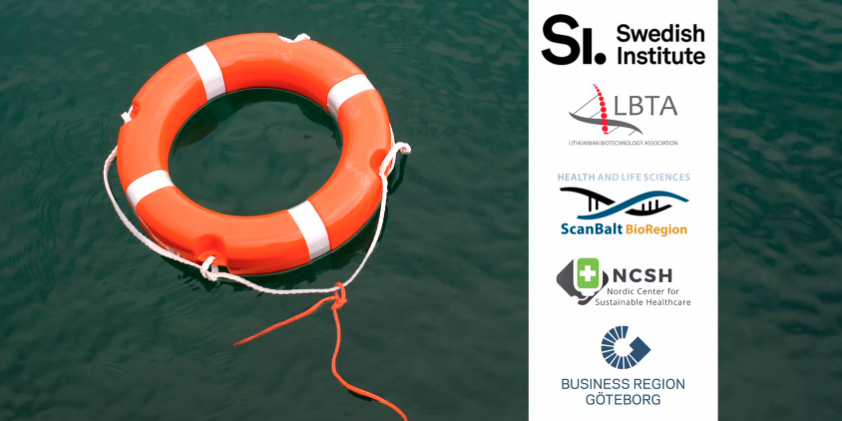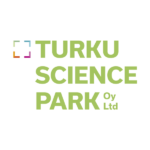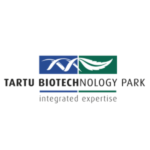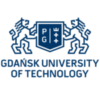Workshop: Reducing Pharmaceutical Residuals in the Baltic Sea Region | 13 September 2022 9:00-12:00 CET
Event Date: 13 September 2022
DO YOU WANT TO TAKE A FIRST STEP TO HELP PREVENT PHARMACEUTICAL RESIDUALS IN THE SEA AND INCREASE THE EXPORT OF YOUR INNOVATIVE SOLUTIONS?
To kick off the Svedish Institute funded project “Closing gaps: Techniques and solutions for reducing pharmaceutical residuals in the Baltic Sea region“, we welcome you to the first of three introductory workshops held in Malmö, Sweden. The other two will be organised later in the autumn of 2022 and in the spring of 2023.
The workshop will centre on the existing technical challenges and gaps between countries and sectors. The goal is to embrace the common opportunities of preventing and reducing pharmaceutical residuals in the Baltic Sea.
Date: 13 September 2022
Time: 09.00–12.00 CET
Place: (Hybrid) Zoom and at TEM’s office in Malmö (Södra Promenaden 51). To participate in person at the venue, send an email to Caroline Charlier with the title “Workshop #1 Closing gaps”.
AGENDA
(From 08.30 Mingle with coffee and snacks)
09.00–09.15 Greetings by NCSH (Caroline Charlier, moderator) & Presentations of project and partners
09.15–11.20 Company presentations by Lif, Paxxo, NSVA and more.
11.20–11.55 Discussions around project topics
11.55–12.00 Closing remarks
WHO SHOULD ATTEND?
This will be the first public activity within the project. Participants will include relevant stakeholders for preventing pollution in the Baltic Sea:
– Partners
– Pharmaceutical companies
– Technology suppliers: Companies with solutions that take care of pharmaceutical residuals
– MedTech companies
– Waste water treatment companies
– Waste companies
– Environmental managers from hospitals
– Regions
WHY IS THE PROJECT NEEDED?
Pharmaceutcial residuals is a well-known problem in the Baltic Sea. This project has a unique entry point: to stop the residuals as early in the process as possible. In everything from the production of pharmaceuticals and the handling of used drugs, to management systems at hospitals, city waste treatments, hospital cleaning and so on.
You can find more information about the project here or contact Caroline Charlier.
This project is funded by the Swedish Institute.














